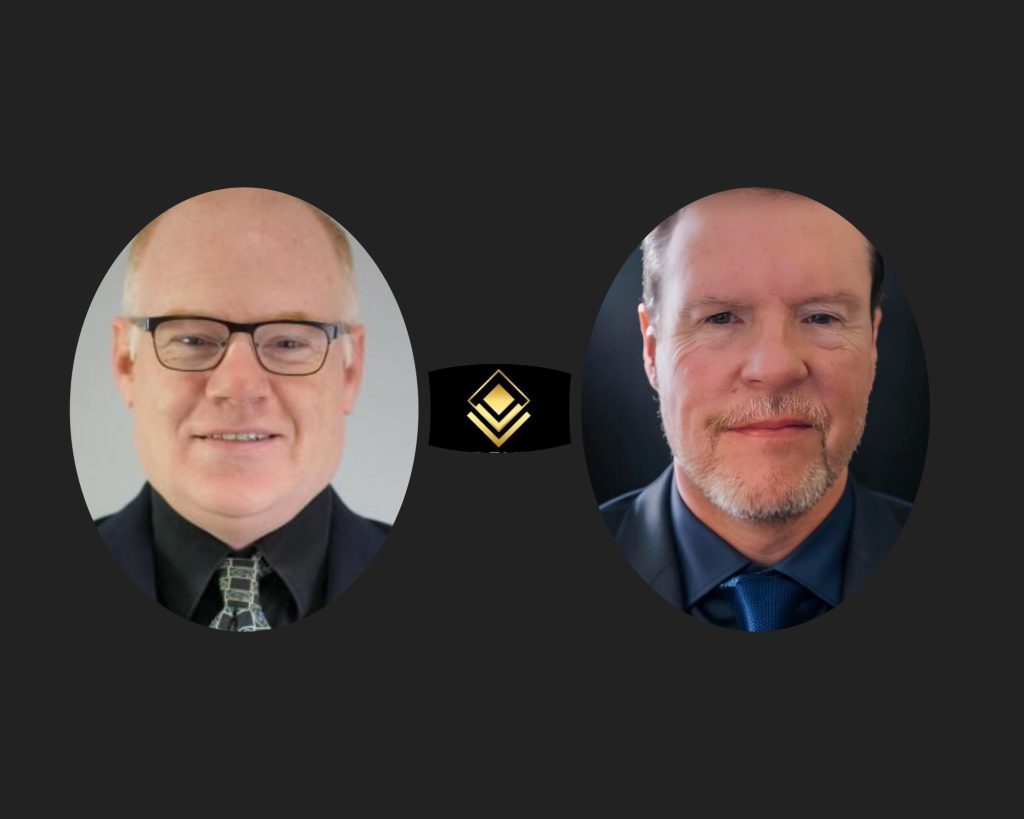Ghostwriting is a booming industry, powering the personal brands and thought leadership of CEOs, coaches, entrepreneurs, and public figures. But unlike regulated professions—such as nursing or financial planning—there is no certification, no standardized training, and no barrier to entry for ghostwriters. Anyone can hang a shingle and claim the title, regardless of skill or results.
That’s a problem. And the Academy of Ghostwriting is solving it.
Founded by industry veterans Jeffrey Mangus and Tim Jacobs, the Academy of Ghostwriting is a first-of-its-kind professional development program designed to formalize, legitimize, and elevate the field. With a focus on quality, credibility, and business acumen, the Academy offers an elite curriculum that empowers writers to build thriving careers as professional ghostwriters.
“Ghostwriting is not just about writing,” says Jeffrey Mangus, bestselling ghostwriter and co-founder of the Academy. “It’s about capturing someone’s voice, turning a business idea into a book, and delivering ROI. That takes skill—and it should come with standards.”
A New Model for Professionalization
The Academy of Ghostwriting is filling the professional vacuum in the industry by providing what no other program offers: rigorous, hands-on training paired with business development and personal branding strategies.

The elite curriculum walks students through every stage of building a six-figure ghostwriting business—from defining their niche and pricing structure to mastering client acquisition and delivery. The program includes:
“We want our graduates to own their niche,” says co-founder Tim Jacobs, a serial entrepreneur and veteran ghostwriter. “This isn’t a one-size-fits-all program. We help students refine their voice, align their business model, and develop a repeatable sales process that works.”
Results That Speak Volumes
The first three students from the Academy have already landed five ghostwriting projects collectively since graduating.
That’s not a coincidence. It’s the result of training that doesn’t just focus on writing well—it focuses on selling well, positioning well, and delivering excellence at every touchpoint. From how to handle Discovery Calls to closing high-ticket clients, the Academy is teaching ghostwriters how to become businesspeople, not just freelancers.
“You’re not just learning to ghostwrite,” Mangus emphasizes. “You’re learning how to run a ghostwriting business.”
Credibility in a Crowded Market
The ghostwriting field is flooded with underqualified service providers, making it difficult for clients to discern who’s truly credible. The Academy of Ghostwriting is tackling that head-on by becoming a signal of trust and legitimacy in an otherwise unregulated space.
“Anyone can call themselves a ghostwriter,” says Jacobs. “But not everyone can demonstrate credibility. That’s what we’re building—a professional standard that clients can trust, and writers can be proud of.”
Graduates of the Academy walk away with more than confidence. They leave with a portfolio, positioning, and process that sets them apart in the marketplace—and access to a network of serious professionals committed to excellence.
Raising the Bar for the Future
There’s a deep sense of mission driving the Academy’s founders. Mangus and Jacobs  believe ghostwriting is a profession that changes lives—both for the authors being served and for the writers themselves. But to continue growing and attracting top-tier talent, it must raise the bar.
believe ghostwriting is a profession that changes lives—both for the authors being served and for the writers themselves. But to continue growing and attracting top-tier talent, it must raise the bar.
“This industry is ripe for disruption,” says Mangus. “We’re not here to create hobbyists. We’re here to create professionals who command respect, charge premium rates, and deliver books that make an impact.”
Jacobs agrees: “The Academy is not just a course—it’s a movement. We’re setting the tone for what it means to be a professional ghostwriter.”
In an industry with no certifications, no licenses, and no gatekeepers, the Academy of Ghostwriting is a beacon of professionalism and purpose. For aspiring ghostwriters ready to turn their passion into a profitable, principled business, this is more than education—it’s transformation.
The barrier to entry is low. But the bar for excellence just got raised.


